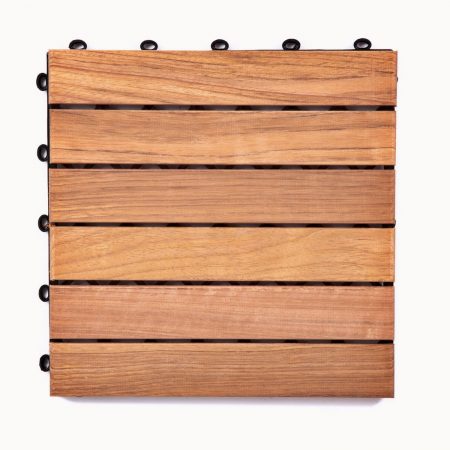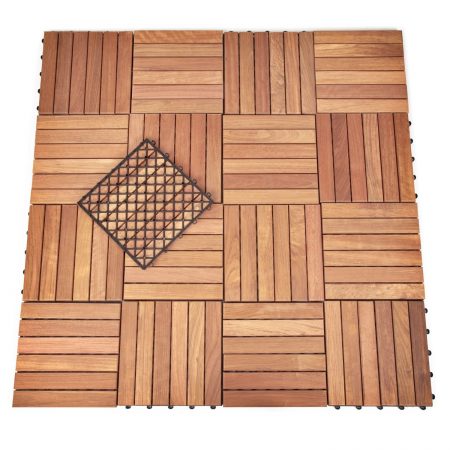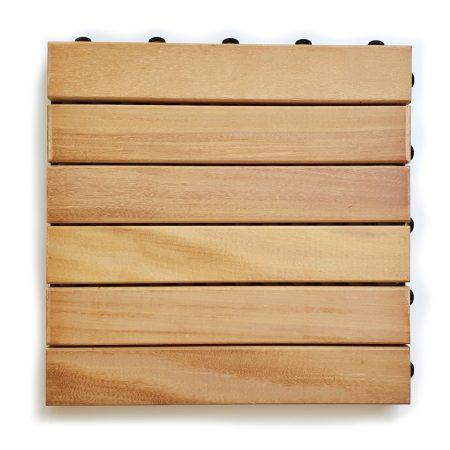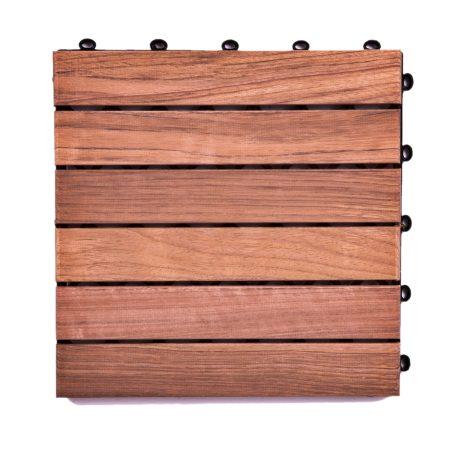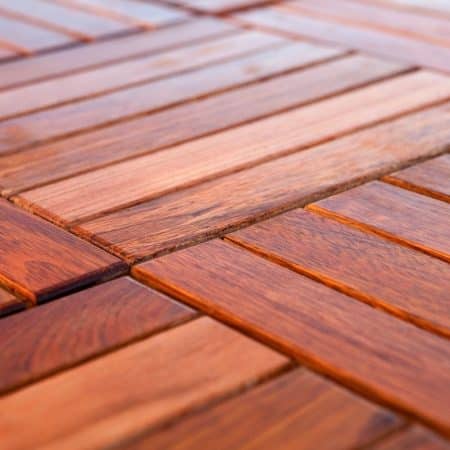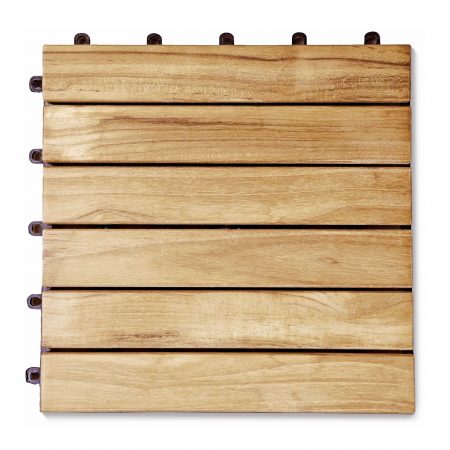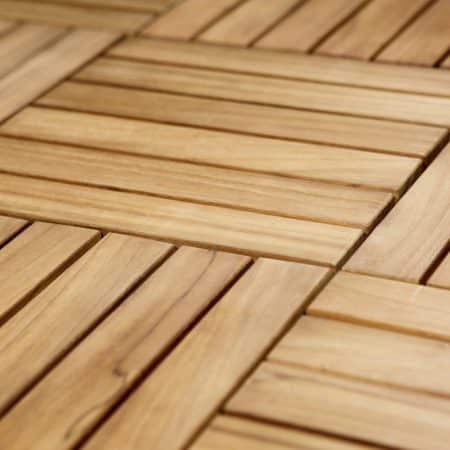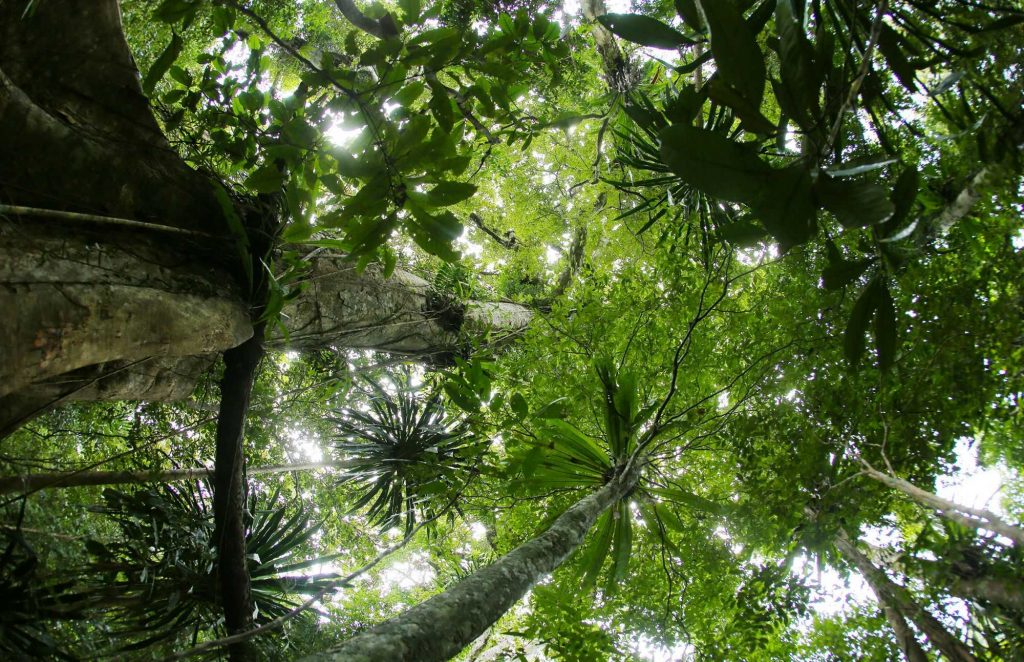
BETTERWOOD " ADVICE » WOOD TILES " SUSTAINABILITY
The sustainability of our wooden tiles
The wooden tiles Betterwood are certified by the FSC®. The certificate FSC® 100% provides reliable and transparent information about the sustainability of forestry and working conditions in further processing.
The concept of sustainability
The concept of sustainability has its origins in forestry. The aim of sustainable management is that not only the present, but also future generations can manage the forest in the long term and sustainably. Clear-cutting and the displacement of forest areas by agricultural land stands in contrast to the sustainable management of forest areas. Sustainability therefore not only refers to the considerate treatment of nature, but also includes the economic pursuit of long-term yields. So there is no other branch of the economy that is so closely linked to the concept of sustainability and in which economic and ecological interests can be combined as forestry.
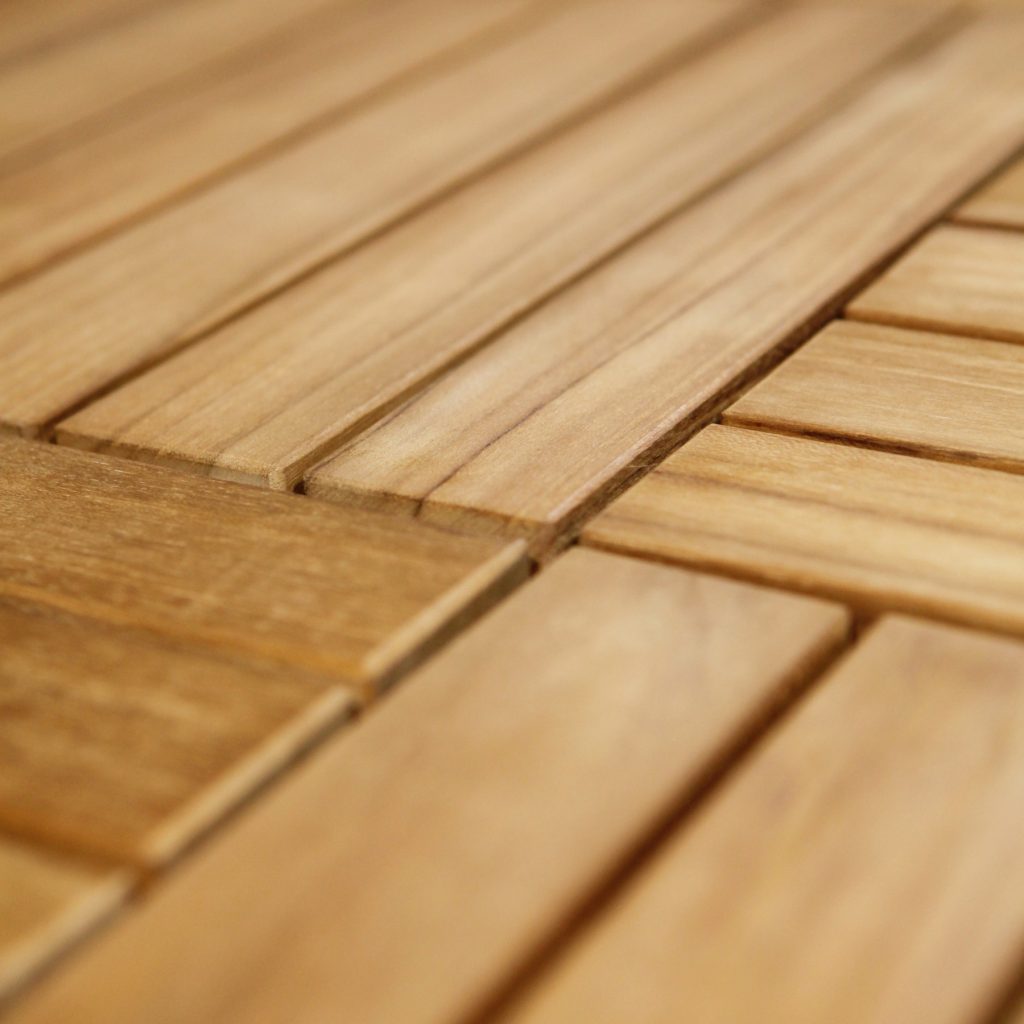

promote sustainability
It is precisely this attitude that we want to promote in the tropics: forests should have a long-term benefit and value for the local people. We are of the opinion that only rainforest protection that also respects the interests of the local population can be successful in the long term. Because the main reason for the destruction of the rainforest is its displacement by agricultural monocultures such as pastures, palm oil and corn fields.
FSC® control
Sustainable tropical timber is the implementation of and compliance with sustainable economic practices. However, this goal only becomes binding and verifiable when uniform standards are defined in a certificate system and the products that meet the set requirements are awarded this certificate. at Betterwood we have opted for the strictest international certificate and only offer FSC®-certified tropical wood.
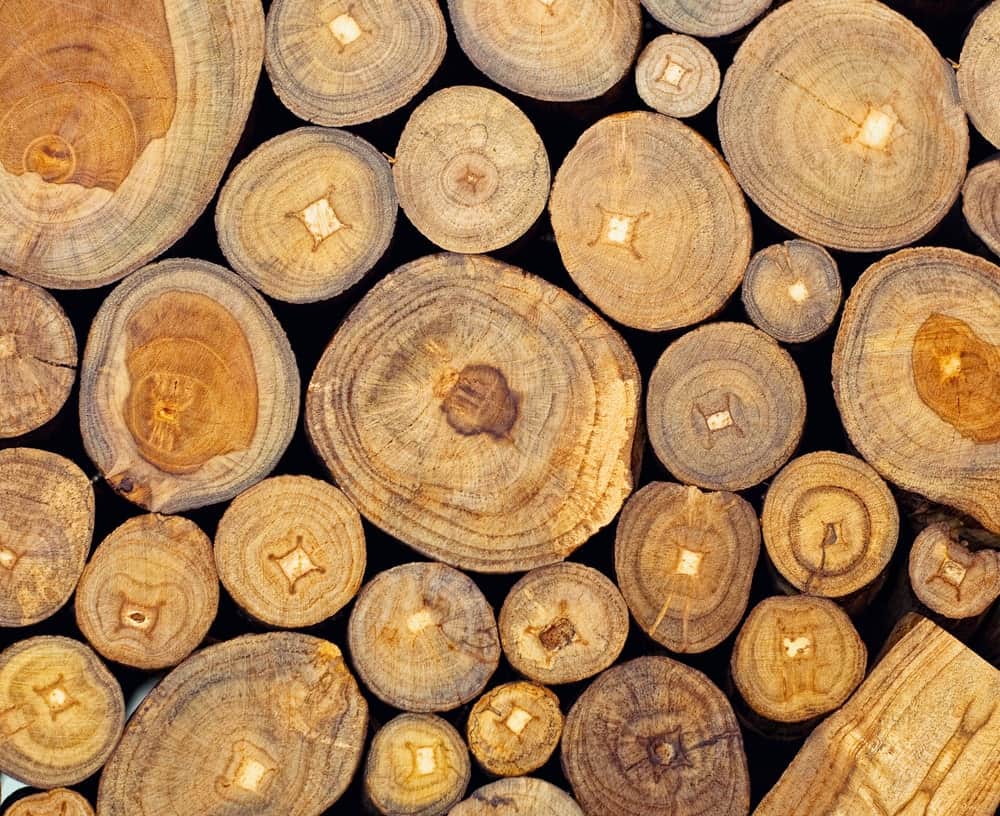
The ten principles of the FSC®
Forest management should respect all relevant laws of the country as well as international treaties and agreements to which the country has signed and meet the principles and criteria of the FSC®.
Long-term ownership claims and rights of use to land and forest resources should be clearly defined, documented and legally anchored.
The legal and customary rights of indigenous peoples to own, use and manage land, territories and resources are to be recognized and respected.
Forest management aims to maintain or increase the long-term social and economic well-being of forest workers and the local population.
Forest management promotes the efficient use of the diverse products and services of the forest so that it becomes economically viable in the long term and can ensure a wide range of environmental and social benefits.
Forest management aims to conserve biological diversity and associated values, water resources, soils and unique and fragile ecosystems and landscapes, thereby ensuring the ecological functions and integrity of the forest.
A plan that is appropriate for the size of the business and the management intensity of the forest enterprise is to be drawn up, applied and updated. It clearly describes the long-term management goals and the means to achieve them.
Documentation and evaluation appropriate to the farm structure should determine the condition of the forest, the yields of the harvested forest products, the trade and processing chain, the management measures and their social and ecological effects.
Management measures in forests with a high conservation value aim to preserve or increase their characteristics. Decisions concerning these forests should always be considered as a precautionary approach.
Plantations are to be managed in accordance with Principles 1 through 9, Principle 10 and its criteria. While plantations can provide a range of social and economic benefits and help meet global demand for forest products, they are intended to complement natural forest management, reduce pressure on it, and promote its restoration and conservation.
Our wood tiles meet the standards set by the FSC®. Compliance in the forest, workshop and trade is checked by independent and regular controls.
Our certified wooden tiles
6,50 €
Cumaru wood tiles, FSC 100%
Price: €72 per m2, resistance class: 1
Advantages: ✓ best durability ✓ particularly robust and scratch-resistant
Disadvantages: ✗ partly rough surface
Tip:Sand tiles after initial exposure to weather.
6,50 €
Garapa wood tiles, FSC 100%
Price: €72 per m2, resistance class: 1-2
Advantages: ✓ smooth surface ✓ homogeneous, light color
Disadvantages: ✗ Ferrous substances lead to discolouration
Tip: Patio cleaning removes discoloration
6,50 €
Jatoba wood tiles, FSC 100%
Price from: €72 per m2, resistance class: 1-2
Advantages: ✓ smooth surface ✓ strong color and grain
Disadvantages:✗ unoiled tendency to crack ✗ colored ingredients wash out
Tip:Clean and oil tiles after installation.
7,50 €
Teak wood tiles, FSC 100%
Price: €83 per m2, resistance class: 1
Advantages:✓ Best durability and dimensional stability ✓ Lowest risk of cracks and splinters
Disadvantages: ✗ slightly more expensive
Tip: Terrace oil is not necessary if silvering is desired.




